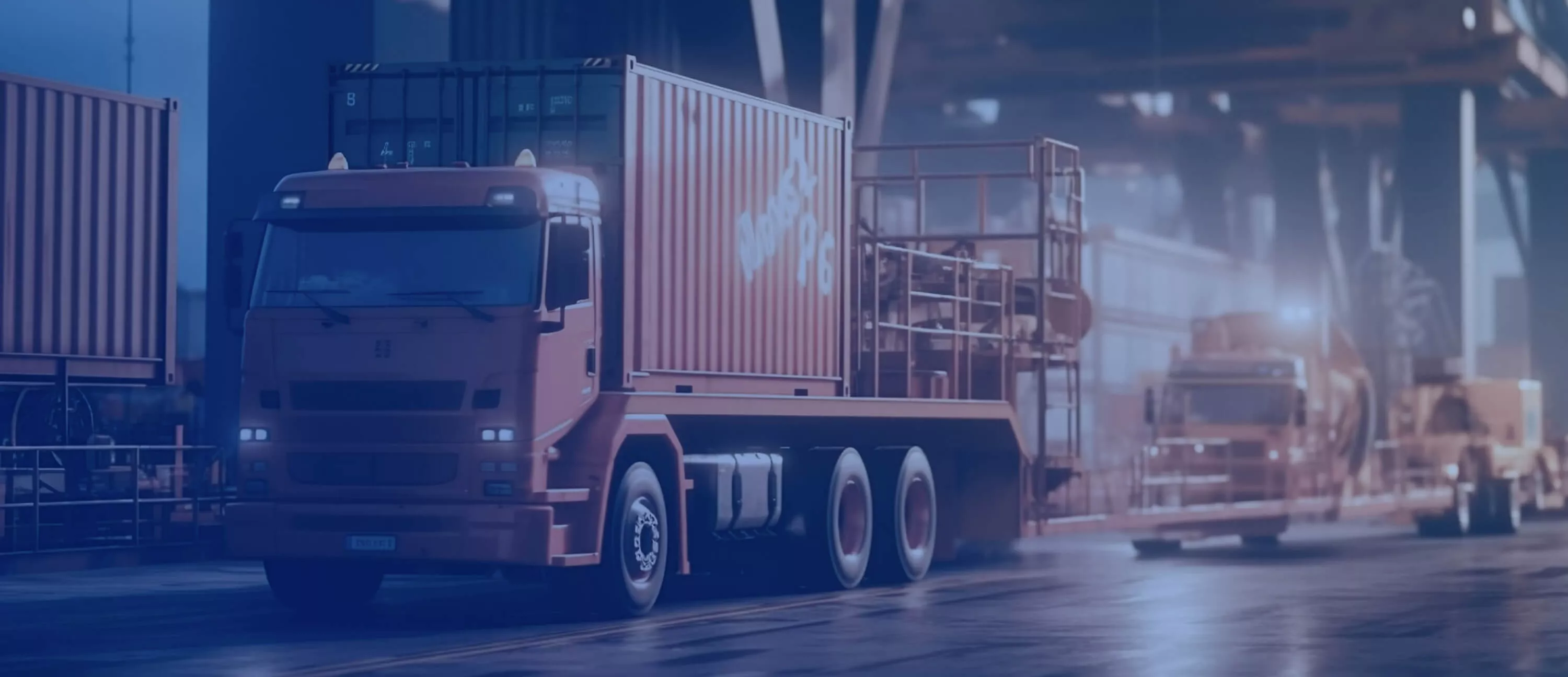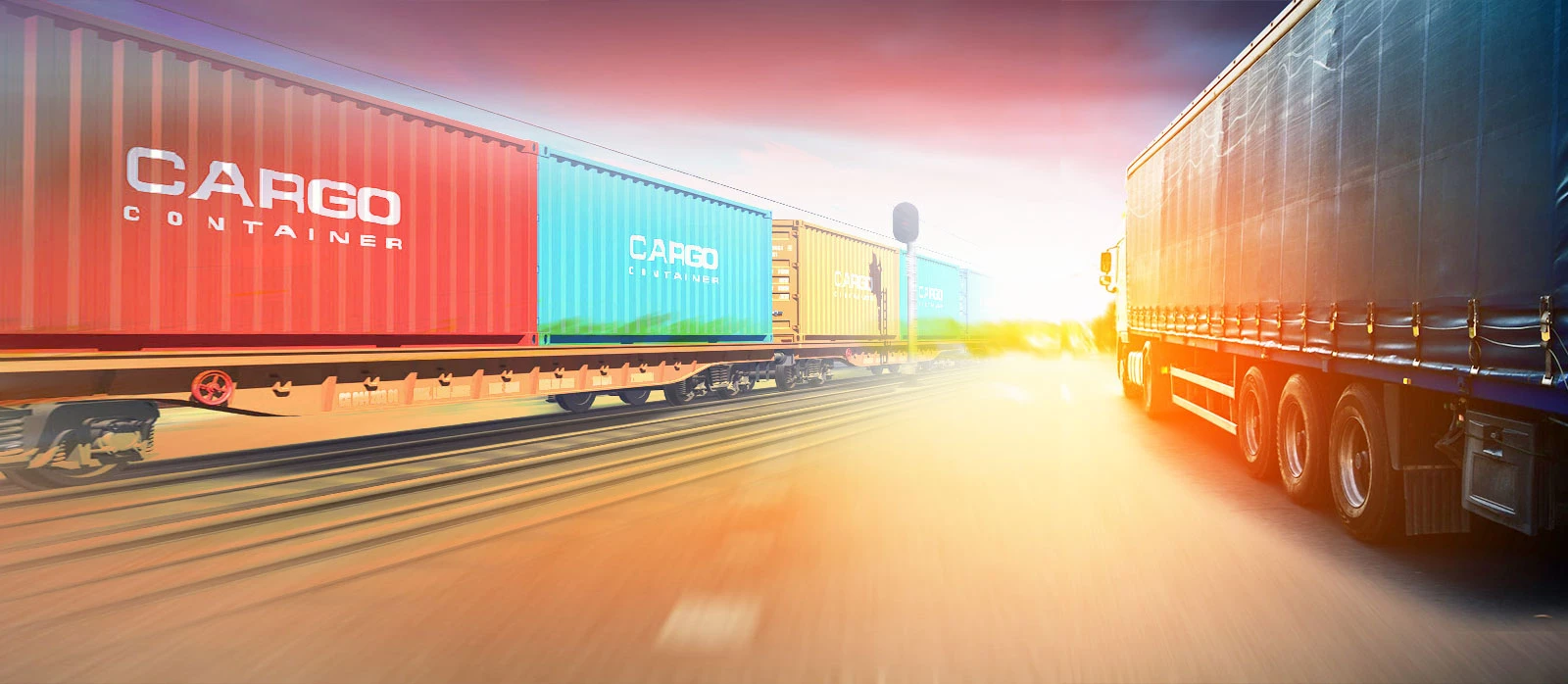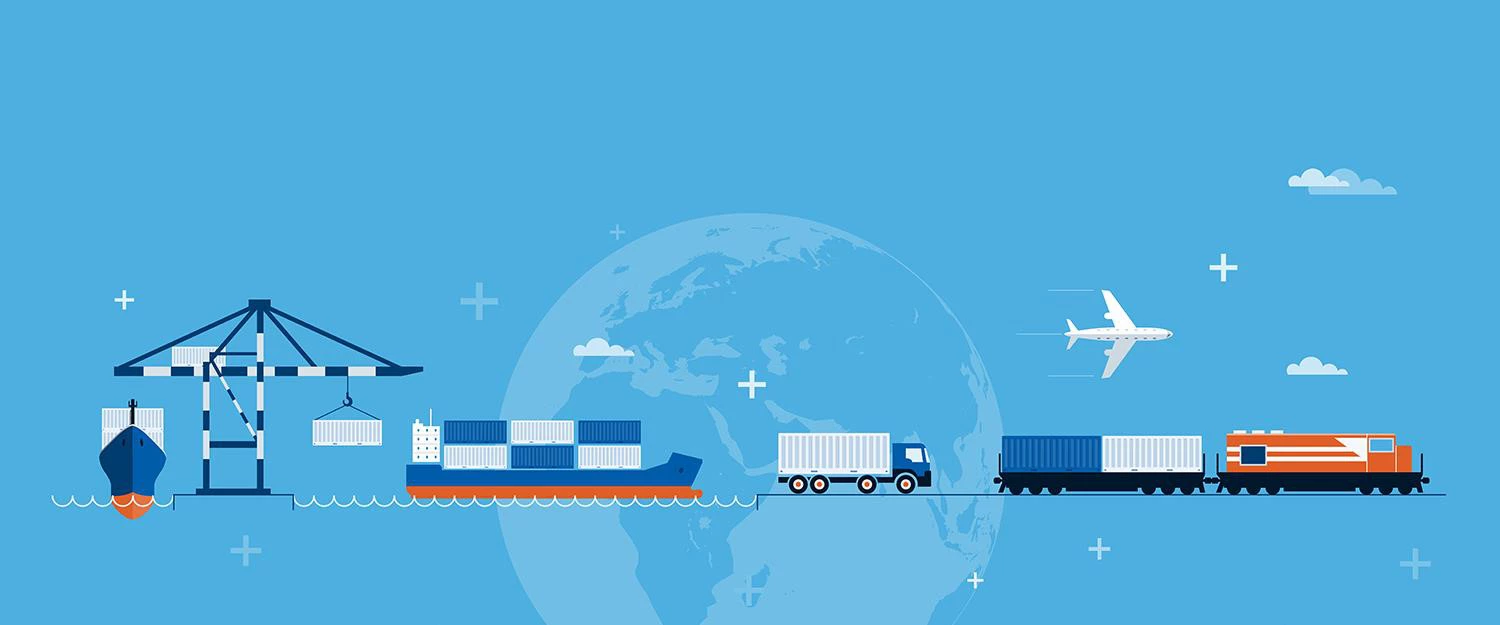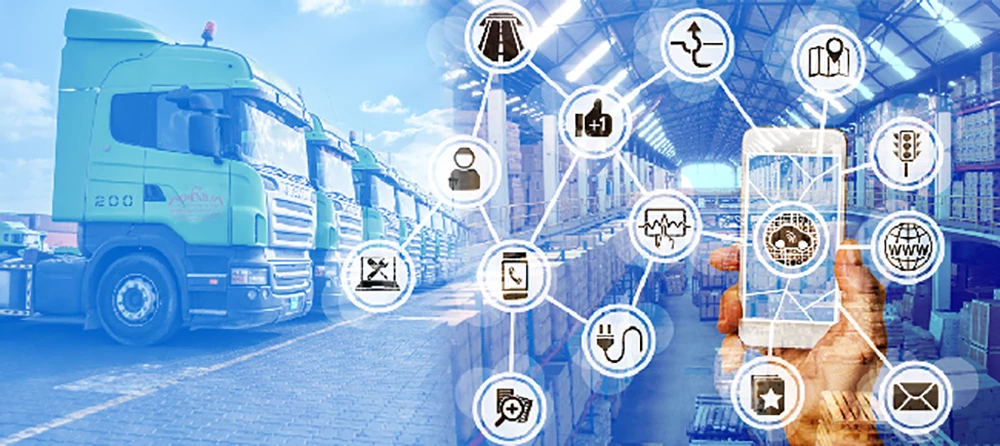
Автоматизація логістичного програмного забезпечення є важливим напрямом розвитку, однак автоматизація транспортної логістики залишається на дуже низькому рівні. Якщо ви є власником транспортної компанії — індивідуальне рішення для автоматизації допоможе обійти конкурентів і збільшити ваші прибутки. ТМС (система управління транспортом) - є одним з найбільш затребуваних рішень для автоматизації в цій галузі, відкриваючи нові можливості для підвищення ефективності, зниження витрат та покращення сервісу для клієнтів. Що таке TMS і як вона може змінити ваше підприємство — читайте далі.
Що таке TMS: система управління транспортом для автоматизації

Згідно з словником IT Gartner, TMS використовується для планування переміщень вантажовласників, проведення тарифікації вантажів і вибору перевізника, а також для управління рахунками за вантажі та платежами.
Іншими словами — система управління транспортом або TMS є своєрідною CRM, спеціально адаптованою для транспортної галузі. Однак, на відміну від CRM, система управління транспортом має набагато складнішу функціональність, більше модулів і надає більше можливостей користувачам і клієнтам.
Читати Коли TMS корисна в транспорті.
Ключові процеси управління транспортом в системі TMS

Планування маршрутів у TMS
Система управління транспортом обирає найбільш ефективну транспортну схему, враховуючи пріоритети параметрів: вартість перевезення, кількість транспортних засобів, мінімально необхідну кількість зупинок тощо.
Транспортування вантажів за допомогою TMS
Використання TMS дозволяє вам контролювати процес доставки вантажу 24/7. Система автоматизує роботу диспетчера та контролює переміщення вантажу — для цієї опції в TMS зазвичай використовується GIS-сервіс. Використовуючи TMS, ви можете контролювати:
- чи вантаж транспортується в повному обсязі;
- чи відхиляється водій від маршруту;
- чи дотримується водій графіка перевезення.
Підтримка транспортних операцій в TMS

В основному, транспортування вантажів здійснюється кількома видами транспорту — спочатку вантажівкою, а потім кораблем, потягом або літаком. Відповідно, під час процесу транспортування вам потрібно спілкуватися з багатьма організаціями — адміністрацією порту, митницею тощо. TMS допомагає автоматизувати робочий процес серед учасників доставки вантажів.
Наприклад, якщо вам потрібно перевезти вантаж морем, через TMS ви маєте можливість повідомити порт про час прибуття вантажівки (або швидко сповістити порт про затримку транспортного засобу) та автоматично пройти митне оформлення, виставлення рахунків та бронювання документів. Таким чином, ваша відправка не стоятиме в черзі на завантаження або не чекатиме, поки всі необхідні транспортні документи будуть підписані.
Розрахунки витрат і тарифів у TMS
TMS-рішення автоматизує процеси розрахунків, які необхідні для транспортування вантажів: оптимальні втрати вантажу, контроль запасів, норми споживання пального, оптимальна кількість зупинок тощо. Бізнес-логіка TMS аналізує вхідні дані на основі ключових показників ефективності. У системах TMS доступні додаткові функції, наприклад, функції, які допомагають проводити тендери на транспортування та узгоджувати розрахунки з контрагентами.
Модулі TMS для автоматизації транспортної логістики
Окрім згаданої вище CRM-системи, TMS може включати модулі для автоматизації процесів, пов'язаних з перевезенням вантажів:
- Система управління складом (WMS);
- Система планування ресурсів підприємства (ERP);
- Система управління активами підприємства (EAM).
- Система виконання виробництв (MES);
- Система управління ланцюгами постачання (SCM).
Переваги TMS для транспортних і логістичних компаній

Завдяки аналізу даних та оптимізації транспортування вантажів, TMS дозволяє економити бюджет у процесі доставки. Навіть наприкінці 2013 року опитування серед логістичних компаній показало, що система TMS допомагає заощадити до 10% на витратах на транспортування.
Хто отримує вигоду від TMS
Щоб забезпечити максимальну ефективність взаємодії, системи TMS пропонують версії для великих транспортних компаній та для малих перевізників. Наприклад, при розробці TMS для доставки вантажів, ми створили три версії системи: для власників вантажів, перевізників та водіїв. Таким чином, кожен учасник процесу транспортування має можливість взаємодіяти через TMS безпосередньо.
Якщо говорити про галузі, TMS є рішенням для транспортних та логістичних компаній, 3PL-операторів, а також для будь-якої компанії, яка регулярно перевозить або відправляє товари: великі інтернет-магазини, виробництва, агрокомпанії тощо.
Хто використовує TMS?
TMS в першу чергу використовують компанії, які регулярно потребують відправки, переміщення та отримання товарів, включаючи виробників, дистриб'юторів, компанії електронної комерції, роздрібні компанії та компанії, що надають логістичні послуги. Компанії практично в усіх галузях використовують TMS. Основні користувачі — це компанії, які витрачають $100 млн і більше на рік на вантажні перевезення.
Кращі пропозиції TMS для транспортних компаній
Компанії можуть придбати автономну систему управління транспортом (TMS), яка може бути інтегрована з їхнім існуючим програмним забезпеченням для управління підприємством (ERP) або рішеннями для управління ланцюгом постачання (SCM). Деякі рішення TMS мають можливість обробки торгової документації, або ви можете доповнити вашу TMS додатком для глобального управління торгівлею. Інші, менш функціональні TMS, доступні як модулі в рамках пакетів ERP та SCM.
Як TMS допомагає малому бізнесу в транспортній логістиці
Малі компанії — ті, що витрачають від 5 до 10 мільйонів доларів на рік на вантажні перевезення. Сьогодні хмарні рішення роблять інвестиції в TMS більш доступними для цих менших компаній. Більшість рішень TMS підключені до хмари, що означає, що до них можна отримати доступ з будь-якого віддаленого пристрою з безпечним підключенням до інтернету. Це особливо корисно для відправників з меншими обсягами, які потребують простоти у використанні кожного програмного забезпечення.
Сучасні технології разом з інтеграцією API зробили налаштування TMS простим, оптимізованим і набагато більш доступним. Ця гнучкість і економічність полегшують малим відправникам розробку, інтеграцію та повсякденне використання.
Чому варто вибрати хмарне TMS-рішення для транспортних компаній

Системи управління транспортом можна розділити на дві категорії: програмне забезпечення та хмарні рішення. Програмні рішення TMS вимагають значних фінансових вкладень — вам потрібно буде купити (орендувати) серверне обладнання, ліцензії та інтегрувати TMS з робочими процесами підприємства.
Хмарні рішення не вимагають додаткових серверів. Усі процеси виконуються в хмарі, що дозволяє економити фінансові ресурси та час на інтеграцію системи — ви можете почати роботу практично відразу. Великим плюсом веб-орієнтованої TMS є те, що всі учасники транспортного процесу отримують швидкий доступ до системи, що дозволяє вам швидко вносити зміни та реагувати на них.
Крейг Бороуф, старший директор USG, зазначив, що в період з 2010 по 2017 рік ключовий показник продуктивності його компанії подвоївся завдяки рішенню TMS. Будівельна корпорація USG використовує хмарну TMS для автоматизації щоденних поставок сировини з 45 заводів, і TMS дозволяє компанії не розширювати штат для обслуговування зростаючої кількості замовлень.
Важливість розробки мобільних додатків для управління TMS

Автоматизація транспортної логістики забезпечує доступ до інформації в реальному часі. Відповідно, учасники ланцюга постачання повинні мати доступ до системи в будь-який час і в будь-якому місці, перш за все з смартфона.
Мобільна версія TMS особливо актуальна для водіїв вантажівок — рідний мобільний додаток надає можливість швидко інформувати адміністратора про рух вантажівки, відхилення маршруту та інші форс-мажори.
Дізнайтеся все про вартість розробки TMS.
Якщо ви розглядаєте можливість інвестицій у логістичний сервіс або стартап, ознайомтеся з нашим останнім білетом “Як сучасні цифрові тренди змінюють логістику” і переконайтеся, що приймаєте лише правильні рішення.




